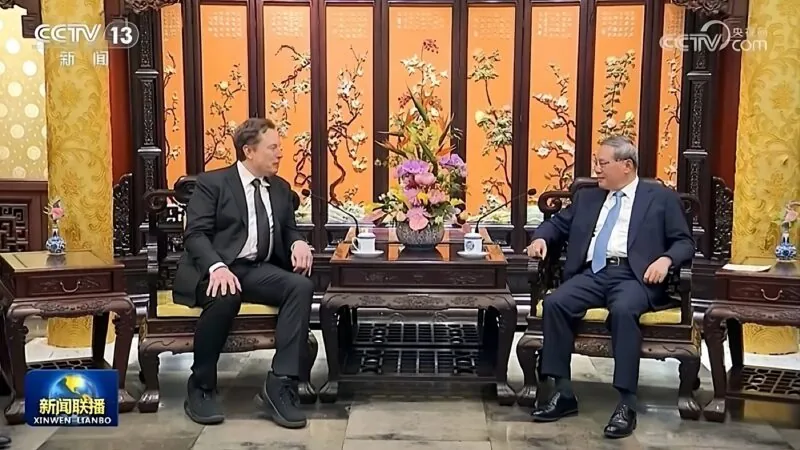On 30 April, Tianya Club made an announcement on Weibo, China’s Twitter-like platform, stating that the necessary funds for restoring its network platform access had been allocated. It is anticipated that users who are part of the Tianya membership plan from the outset will be given access to the service first, followed by the general public. At the end of the Weibo post, the user with the most likes commented, “It’s not a pity to lose Tianya, but it’s a pity to lose the spirit of BBS.”
BBS, short for Bulletin Board System, originated in the United States and entered China in the 1990s. Tianya Club is a typical example of BBS. Due to the limited number of Chinese internet users at that time, only individuals with high levels of knowledge could access the network. Consequently, Tianya attracted students from prestigious universities, IT professionals, industry elites, and others. Moreover, the internet and political environment of that era were more tolerant, and much of the user-generated content (UGC) was highly valuable, gradually forming what is now known as “God-tier posts” (神贴), including the renowned historical novel “Stories about Ming Dynasty” and predictions about Chinese real estate industry.
By 2003, Tianya had already gained 3 million registered users and approximately 20 million daily visitors, while the total number of internet users in China that year was only 68 million. At the time, Tianya held a fascination similar to today’s TikTok and Xiaohongshu (RED), capturing users’ attention with an irresistible allure. However, like Myspace, a social networking service from the United States, which struggled against the impact of mobile internet and platforms like Facebook, Tianya gradually lost users. This decline continued until February 2023, when the company announced technical and financial difficulties, and temporarily suspended access to its services.

In May 2023, Tianya Club initiated the “seven days and seven nights, restarting Tianya” campaign, featuring a livestream, to raise funds for Tianya’s relaunch. Even during the time when the Tianya vanished, Tianya “God-tier posts” would occasionally appear on Weibo and Xiaohongshu’s trendy search lists. Many “God-tier posts” are sold on e-commerce platforms, priced from a few pence to tens of RMB (less than 10 USD), with the highest sales even exceeding 10,000 RMB (approx. 1,381 USD). Comments indicate that most buyers purchase “learning” and “nostalgia”, while some are driven by curiosity. Such high-quality UGC is unmatched by community platforms like Xiaohongshu, and the popularity of content such as “Subject 3” demonstrates that grassroots culture is more likely to thrive and gain popularity in today’s online environment.
Upon the Tianya Club’s restoration of access, it will utilise the new international domain name tianya.net to bolster its Chinese online community services for overseas Chinese and further solidify its position as the “online home of global Chinese”. Tianya will also develop an online version of Costco, serving as a “social platform for global travel and fashion consumption”, and has announced that value-added membership services will be a key focus for Tianya’s future business endeavours.









